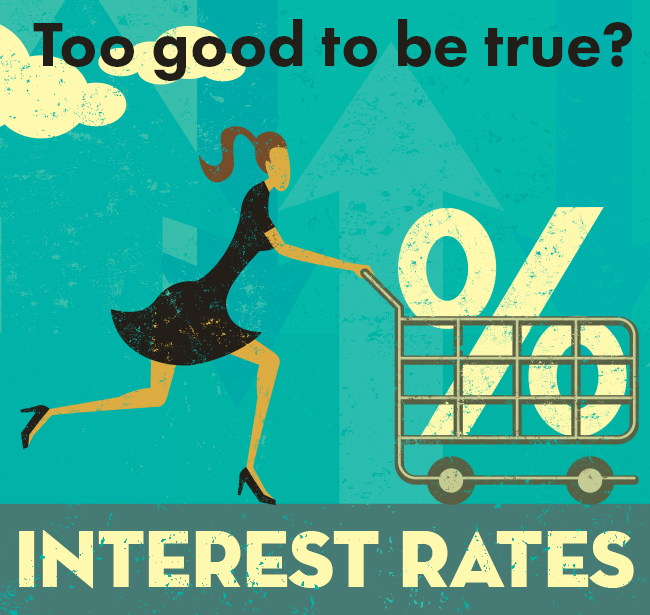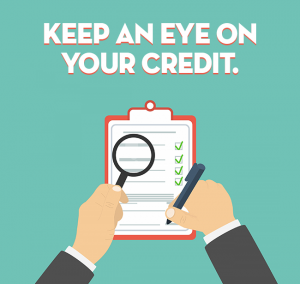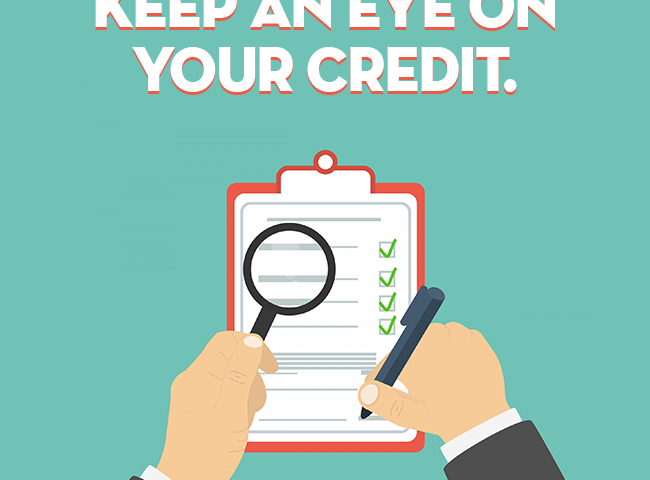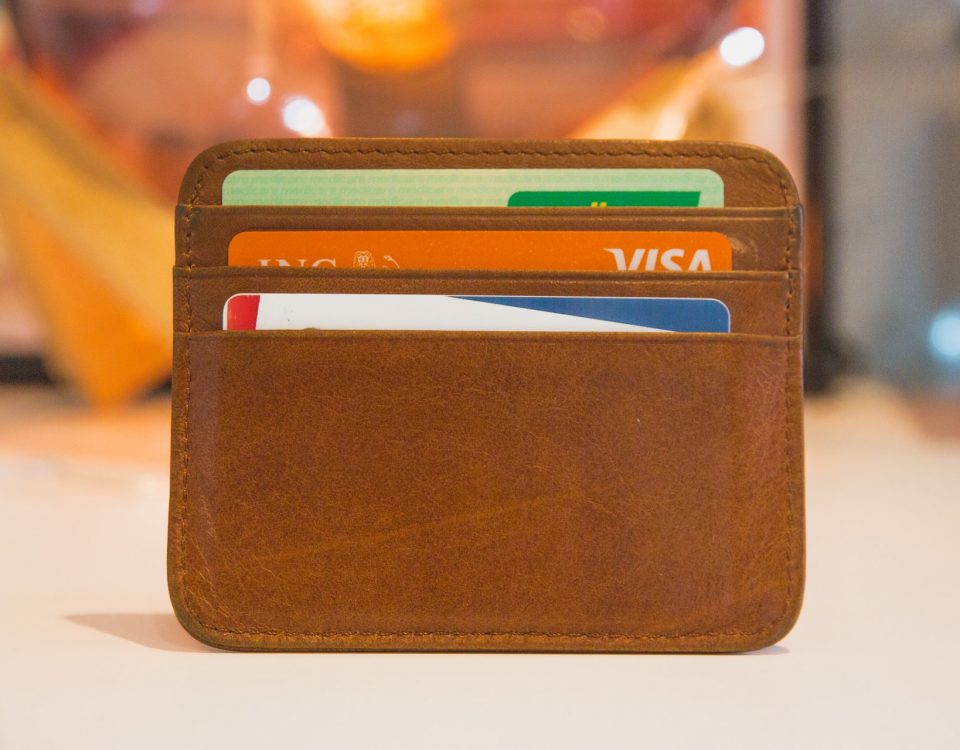
Is 0% Too Good to be True?
December 21, 2016
To Keep or Not To Keep…That is the Question
January 16, 2017 We all have it…that list of things we wish someone had told us when we were young. If your short list happens to contain ‘Knowing the Importance of a Good Credit Score’, you’re not alone. In today’s financial climate, your credit score can potentially be the only thing standing between you and your dream home or a new auto. Regardless of your stage in life, expanding your credit score knowledge base can only help you. The truth is, lots of consumers are confused about credit. To help alleviate some of the confusion, here are a few short answers to some common credit questions.
We all have it…that list of things we wish someone had told us when we were young. If your short list happens to contain ‘Knowing the Importance of a Good Credit Score’, you’re not alone. In today’s financial climate, your credit score can potentially be the only thing standing between you and your dream home or a new auto. Regardless of your stage in life, expanding your credit score knowledge base can only help you. The truth is, lots of consumers are confused about credit. To help alleviate some of the confusion, here are a few short answers to some common credit questions.
1. What is a credit score?
In simple terms, your credit score uses how you’ve handled debt in the past to predict your likelihood of repaying a future loan or credit card balance. Credit scores fall along a scale, usually 300 to 850. The higher your score, the better you look to potential creditors. Your score affects whether you get approved for credit and sometimes the interest rate or other charges you’ll pay.
Scores are calculated from information in your credit reports, which list your past credit activity as compiled by the three big credit reporting agencies: Experian, Equifax, and TransUnion.
2. What goes into a credit score?
- Payment history: Your record of on-time payments and any ‘derogatory’ marks, such as late payments, accounts sent to collections or judgments against you.
- Credit Utilization: balances you owe and how much of your available credit you’re using.
- Age of credit history: how long you’ve been borrowing money.
- Applications: whether you’ve applied for a lot of credit recently.
- Type of credit: how many and what kinds of credit accounts you have, such as credit cards, installment debt – including mortgage and car loans – or a mix.3. What builds a good credit score?
The two biggest factors in your score – payment history and credit utilization – give you a path to build your credit score:
- Pay all your bills, not just credit cards, on time. You don’t want late payments or worse, a debt collection or legal judgment against you, on your credit reports.
- Keep the balance on each credit card at 30% of your available credit or lower.
- Get your free credit report and challenge any errors you find. With TVACCU’s FREE ID Protection, all TVACCU checking account holders have access to their free credit reports as well as 24/7 fraud monitoring, alerts, and resolution. Visit tvaccu.com for more information.
4. Is it ever too late to build good credit?
No. Your credit score can affect you for a lifetime, so it’s always worth trying to improve.
More Helpful Info:
- Credit Reports Are Different From Credit Scores Credit scores are calculated using the information on your credit reports, which includes details of your credit accounts, how often you apply for credit, debt collection accounts and some public records, among other things.
- Your Scores Are Based on 5 Core Factors Those factors are (in order of importance) payment history, credit utilization, average credit age, account mix and inquiries.
- You Can Get Your Scores & Reports for Free All TVACCU checking account holders are eligible to receive our free ID Protection service. Not only can you receive free copies of your credit reports, you’ll also get fraud alerts and other valuable benefits.
- Checking Your Own Score Won’t Hurt It Only hard inquiries (aka when a lender looks at your credit when you apply for a loan or credit card) have a negative impact on your scores, and the effect is small and temporary.
- There Are Many Different Scores & There Are Different Credit Score Ranges, Too When you’re trying to figure out where you stand or if your credit is improving, make sure you are comparing the exact same score and that you know the range — wherever you’re getting the score from should tell you that information. For example, a 750 FICO score, is not necessarily equivalent to a 750 in another scoring model.
- Your Credit Score Can Cost You Thousands Over a Lifetime A low credit score means you’ll probably have to pay higher interest rates on things like credit card balances and mortgages.
- Joint Accounts Affect Your Credit Scores, But There Aren’t Joint Scores If you open a loan or credit card with a partner, the account activity will be reflected on both your credit reports. Joint accounts are different than authorized users, but whenever you share credit, make sure you’re aware of who will be responsible and who will be affected if a payment is missed.
- Negative Information Eventually Ages OffDifferent kinds of negative information will remain on your credit report for different periods of time (bankruptcy is an exception to this, for example), but generally, negative information ages off your report and no longer affects your score after 7 years.



